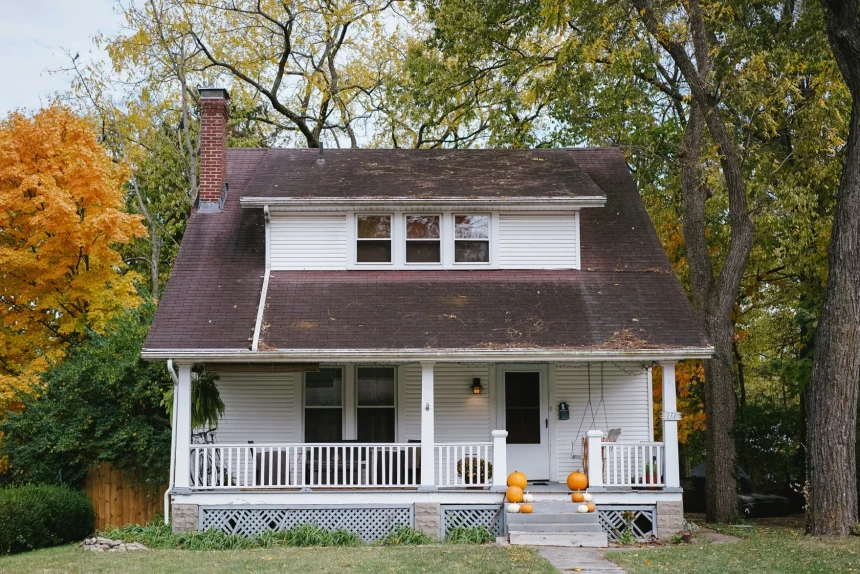As housing becomes more expensive in both Michigan and nationwide, the 2024 presidential candidates have introduced plans to make homes more affordable. Vice President Kamala Harris and former President Donald Trump have prioritized policies on the issue, as it becomes more important to voters.
“I think housing is just going to continue to be one of those top issues that voters are concerned about,” said Brian Connolly, an assistant professor at the University of Michigan’s Ross School of Business. “
The policies
Considering that concern, the campaigns for the White House have detailed plans to make housing more affordable.
The Harris campaign has proposed extending the low-income housing credit and providing $25,000 in down payment in assistance for first-time buyers. In addition, Harris wants to build three million new houses with tax incentives for building middle-income housing.

“She would like to continue the Biden administration’s efforts to go after some of the Algorithmic approaches to setting rents that are used by multifamily owners around the country, and perhaps that would be in the form of antitrust action,” Connolly added.
Trump supports tax incentives and support for first time buyers. He also backs increased spending on housing for homeless veterans and says his plans to restrict immigration and curb inflation will bring home prices down.
“He’s also talked about, exercising more control over the Federal Reserve,” Connolly said. The president, would have more involvement in setting interest rates.”
Both candidates support easing restrictive zoning laws and building houses on federal land. “It’s not super clear how they would do that, just because a lot of regulation of the housing market happens at the local level,” Connolly said. “Just because the federal government wants to cut regulation doesn’t necessarily mean that it’s going to be able to do that because all that’s happening at the local level.
Solutions
Connolly emphasized his view that any robust policy agenda to bring down affordable housing would require building more supply. “If we’re not adding new housing supply into the market, then just inducing more demand means that those housing prices that are out there today are just going to continue to get bid up,” he said.
“Any of those demand side subsidies are going to need to be coupled with increases in housing supply.”
Those concerns were echoed by Yarrow Brown, the executive director of Housing North, a group that works to find housing solutions in northwest lower Michigan. “We are in what I would call a housing crisis in Northwest Michigan,” she said. “We’ve had a low housing stock since the market crashed in 2008.”
Brown said that there isn’t enough housing to go around, and wages aren’t keeping up with housing prices. Moreover, there is a labor shortage for home builders.
She recommended a few policy solutions, one of them was streamlining the regulatory and zoning process.
“We need to cultivate more labor force to build the housing in our region, but we also need places for people to live. Any way we can streamline the approval process in our region and help get projects through to the finish line quicker is needed for sure.”
She was in favor of down payment assistance. “Any federal assistance that can help lower the cost and get people into homeownership would be huge,” Brown said.
Another federal policy agenda that would help, Brown said, would be allocation of federal vouchers for low-income housing.
The state currently has 85,000 people on its Section 8 waitlist. “If there were housing units and there were those vouchers available, we could get people housed,” Brown said. “We simply just don’t have enough units, and we don’t have enough vouchers allocated to Michigan to be able to meet the demand.”



